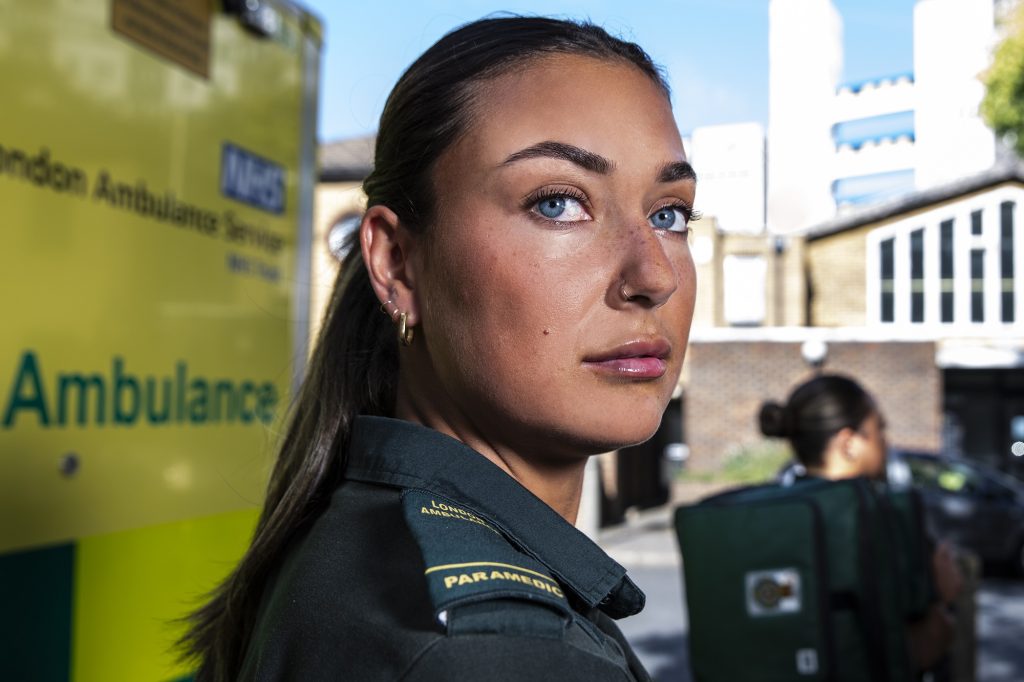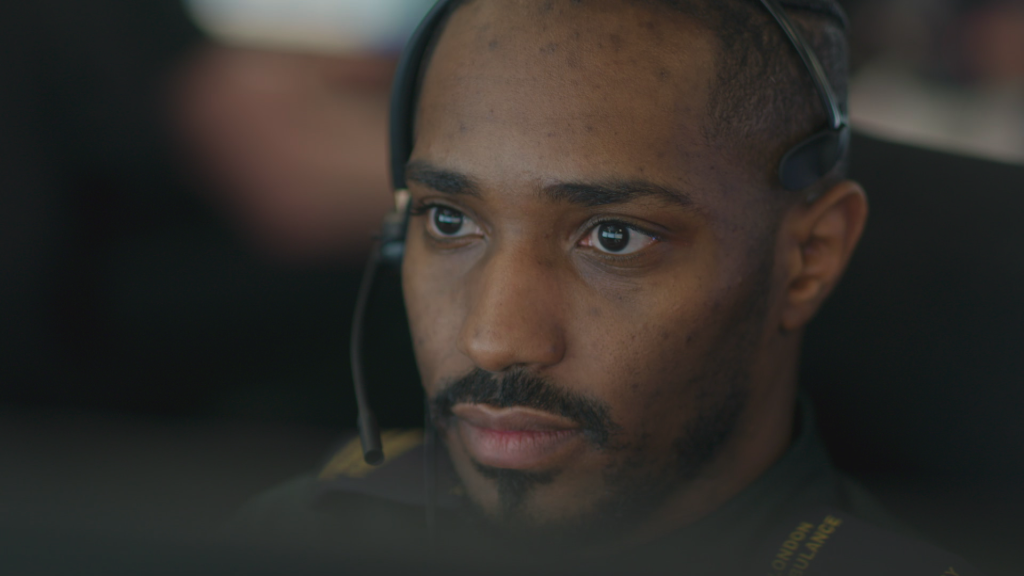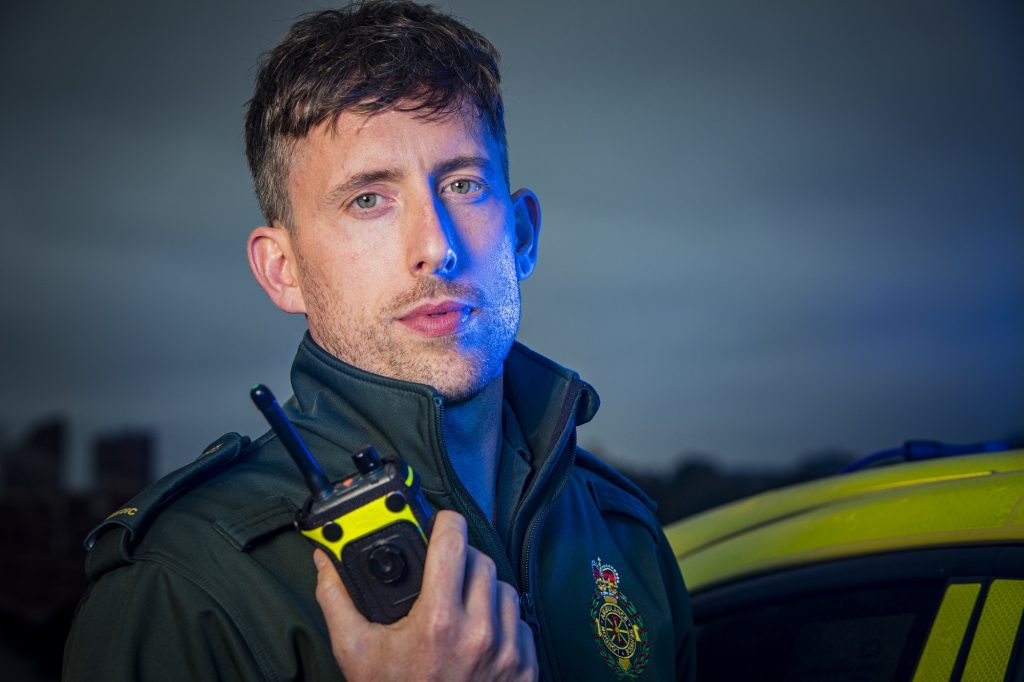Under pressure: final episode of BBC Ambulance reveals the stress on NHS when 999 calls rise
The humanity, heartache and humour of working for the UK’s busiest ambulance service is captured in the final episode of this series of the BAFTA award-winning Ambulance.

Ambulance crews and control room dispatchers at London Ambulance Service are shown under pressure as demand on the NHS is increasing and hospitals are reaching capacity, in tonight’s episode (21 November) on BBC One at 9pm.
The show followed crews on two day shifts in the depth of winter at the start of 2024. Within hours there are 120 patients who are seriously sick or injured needing an ambulance meaning waiting times for less serious injuries have increased.
Dispatchers Webster and Ed are feeling the impact of the sheer volume of high priority calls on their patch. Webster explains, “The role of a dispatcher is to look at the calls and work out how to get an ambulance to that person.
“Sometimes those decisions can feel like they are tough. Sometimes you send to someone else and the other person gets sicker and you think, did I make the right decision?”
A few hours into the shift and the number of 999 calls – including a number from extremely sick patients – begins to climb. With ambulances taking them to hospitals around south west London, the emergency departments soon start to reach capacity meaning the ambulances need to be diverted to other hospitals. Calls continue to come in from patients in need of an urgent ambulance but there are no resources available to send.

Webster – who’s from New York – reflects on the difference between healthcare in the UK and the US, where people have to pay for treatment.
He says: “I think the work we are doing here is really important and affects the lives of so many people.
“Sometimes we take for granted what we have here. The system sometimes takes a really long time to get to you because it’s flooded with people but being part of something like this where people have access to free healthcare is amazing.”
Later, as the school day ends, a three-year-old is hit by a car while a 13-year-old stabbed on his way home from school.

Paramedic Martin races to the younger boy and admits, “when you go to a child you want to get there as quickly as possible. You’re planning for the worst case scenario and it is stressful.”
Fortunately the boy is not seriously hurt. The stabbing victim, however, needs treatment from advanced paramedic Andy. He stabilises the boy, who is taken to hospital for further treatment.
Viewers also see call handler Matthew answer a 999 call from a distressed mother whose baby is burned after accidentally spilling boiling tea over himself.
As the mother tries to give first aid to the baby, the phone is passed to the caller’s eight-year-old daughter who listens to the advice while doing her best to provide as much detail as possible to help the ambulance find the family.
Call handler Matthew ends the call saying, “there’s always that one call a day that you’ve had that makes you go home and think I did good.”
The shift ends with another heart-warming scene as a small boy tries to help paramedic Martin as he treats the boy’s grandmother.
Leaving the family, Martin reflects, “London can be a scary place but underneath it all, there’s quite a bit of hope and light.”
Daniel Elkeles, Chief Executive of London Ambulance Service, said: “The final episode of the latest series of Ambulance gives a true reflection of the pressure we and London’s hospitals are under – and the challenges faced by the NHS.
“But it is testament to everyone at London Ambulance Service – in our control rooms, on the road and behind the scenes – that these challenges are met with such humanity and humility, and even with humour.
“The public has great affection for our people and the more they see of the difficult work our call handlers, dispatchers and crews do, the more that affection grows.
“The challenges captured on film during January, February and March this year have not gone away and we continue to be tested.
“But I know that, like the whole system, the hospitals shown in tonight’s episode are working incredibly hard to relieve their own pressures as well as actively contributing to reducing delays in ambulance handovers. We have already seen this work having a positive impact in Croydon and we are continuing to work together across the NHS; so that we can continue to reach people as quickly as we can.”
For more information about career opportunities at London Ambulance Service visit our careers page on our website.

Follow us on social media: